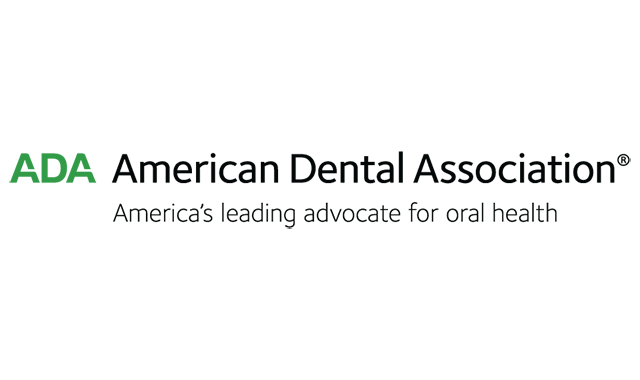ADA adopts further policy discouraging direct-to-consumer dental services
The expanded policy includes the sale of partial dentures, teeth whitening trays, snoring appliances, veneers and mouth guards.

A new policy from the American Dental Association (ADA) “strongly discourages the practice of direct-to-the-consumer (DTC) dental laboratory services because of the potential for irreversible harm to patients.” The new policy expands upon a 2017 ADA policy titled “Do-It-Yourself Teeth Straightening” to include the sale of partial dentures, teeth whitening trays, snoring appliances, veneers and mouth guards, in addition to DTC orthodontic services.
The traditional role of a dental laboratory is to manufacture prosthetics and devices at the direction of the dentist. The dentist writes a prescription to the laboratory customized to the specific clinical needs of the patient citing the materials to be used and any special design features requested.
Recently, however, some laboratories have offered to sell such products directly to consumers. Bypassing the involvement and oversight of the dentist eliminates the dentist’s essential role in diagnosing oral health conditions, creating treatment plans to meet those needs and safely managing treatment needs through the course of dental care. Self-delivered, unsupervised dental treatment, in the view of the ADA, creates the risk of damage and irreversible harm to patients.
Read more: ADA commends efforts to update Surgeon General's Report on Oral Health
By circumventing the involvement of a licensed dentist, patients lose a very important quality control checkpoint-their dentist-to ensure all aspects of their treatment are performed and are progressing in the best interests of the patient. This includes oversight of the manufacture of prosthetic devices, including disclosure of materials used and country of origin, ensuring that they are to the satisfaction of both patient and dentist. Moreover, if consumers experience problems with a DTC manufactured dental prosthetic, their ability to resolve the situation is greatly impaired in the absence of a dentist who has prescribed the prosthetic device.

However, another avenue is available. Because dental prosthetics, such as aligners, partial dentures and snoring appliances are considered medical devices by the FDA, the FDA encourages consumers as well as healthcare professionals, in case of problems, to utilize and submit the MedWatch voluntary reporting form to help improve safety by bringing attention to particular issues. More general information about the FDA medical device reporting program can be found here.
In the view of the ADA, the dentist is ultimately responsible for the patient’s care, and is the only individual licensed and qualified to accept responsibility for prosthetic care. By adopting this new policy, the ADA strongly discourages the practice of direct to consumer dental laboratory services. Visit MouthHealthy.org/DIYdentistry to learn more.
Oral Health Pavilion at HLTH 2024 Highlighted Links Between Dental and General Health
November 4th 2024At HLTH 2024, CareQuest, Colgate-Palmolive, Henry Schein, and PDS Health launched an Oral Health Pavilion to showcase how integrating oral and general health can improve patient outcomes and reduce costs.